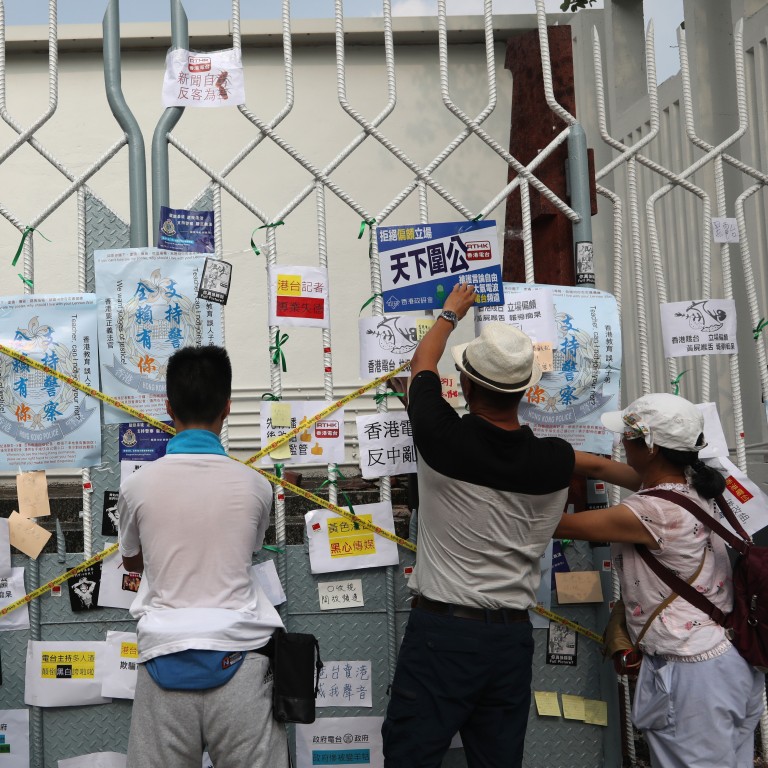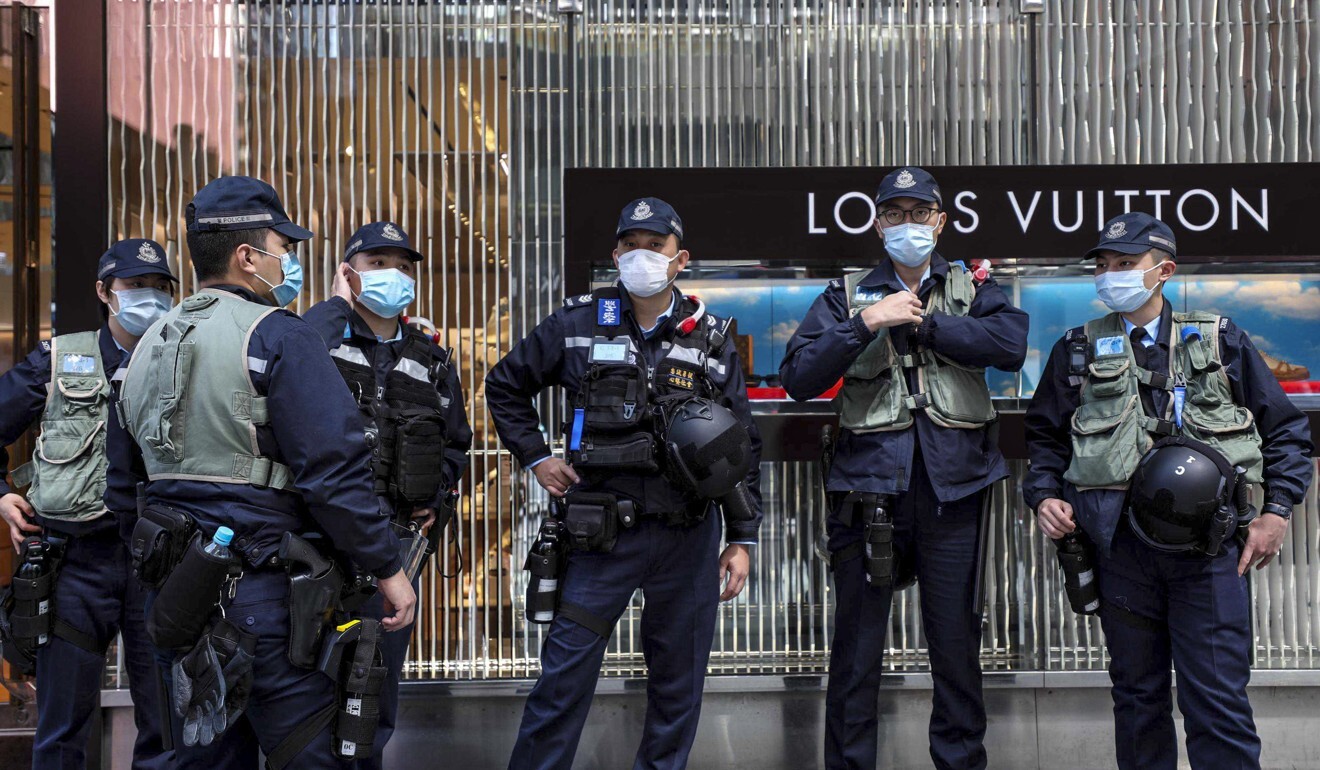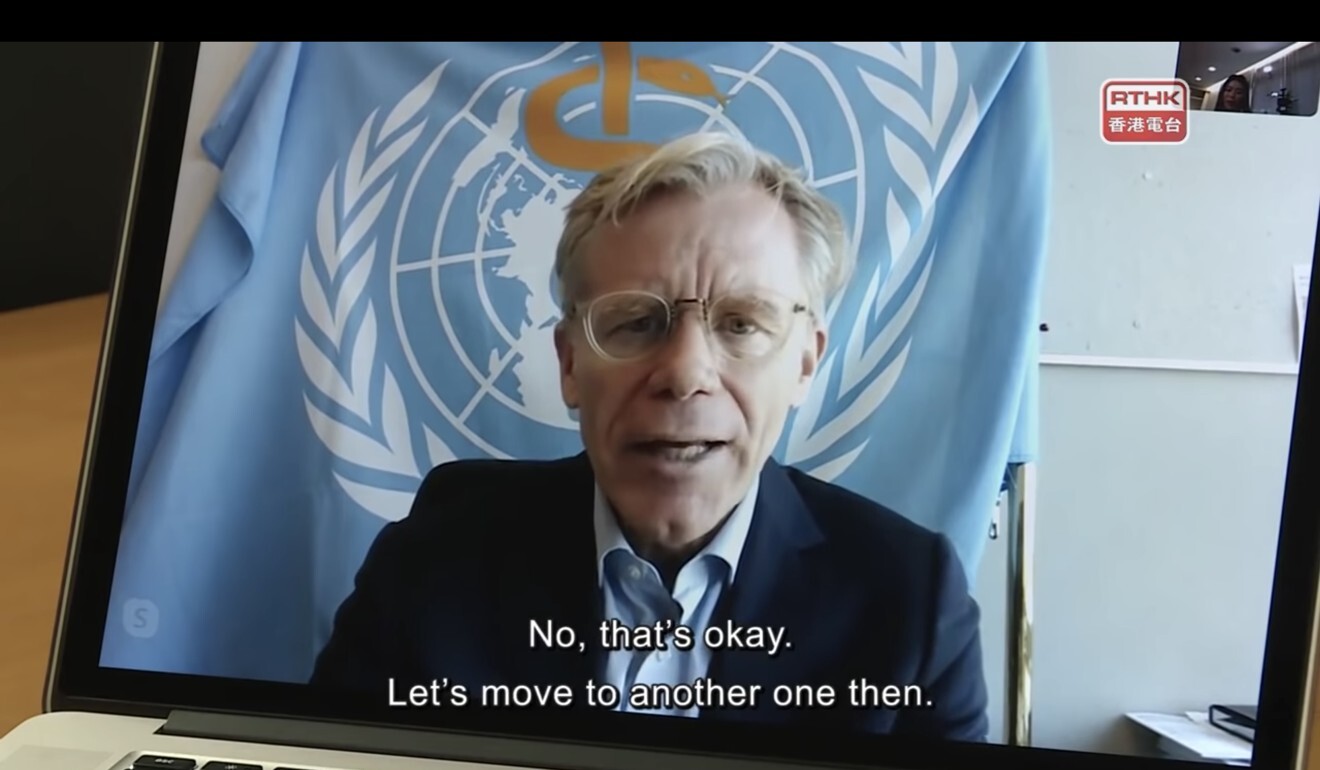
Hong Kong’s public broadcaster RTHK seems to have forgotten its mandate in favour of courting controversy
- In the post-truth era, public broadcasters must hold themselves up to high standards of neutrality and focus on reporting the facts. Instead, RTHK has found itself embroiled in one controversy after another
For years, RTHK has been – rightly or wrongly – accused by pro-government supporters of being anti-government. But it is only recently that these complaints have resulted in more than picket lines in front of the station and photo-ops for petitioners.


The Hong Kong government swooping in quickly to loudly condemn RTHK was predictably greeted with cries of “censorship”. But very little has been said about what could have been.
Without the very public reprimand, the broadcaster could have drawn the wrath of powers that have shown they were ready to go ballistic at the slightest provocation. The Hong Kong Macau Affairs Office and the central government’s liaison office are now more than happy to issue public statements. “One country” and “one China” have become trigger words in this politically hypersensitive time and space. Beijing feels it necessary to assert its authority and is not shy to make its presence felt.
The RTHK has, for years, been brushing off complaints and accusations of media bias. Instead of taking this criticism seriously, it has missed opportunities to do better and now found itself backed into a corner.
Office crunch for RTHK after getting ‘hasty’ notice to vacate education centre
When people are increasingly playing fast and loose with facts, it is of utmost public interest that public broadcasters be on the forefront of fighting “post-truth politics”. This requires even more stringent journalistic standards. Baseless and misleading allegations and factual inaccuracies should not be allowed to permeate a public broadcaster’s programmes.

Politicians may be expected to leap to conclusions, but for staff to be this hostile to their own board of advisers, even before the working group has been formed, is worrisome.
Of all that the RTHK Charter requires of the public broadcaster, being the subject of controversy and constant debate isn’t one of them. The best way to protect its editorial independence and its freedom to criticise the powers that be is to hold itself to the high standards of attention to the facts and neutrality.
Alice Wu is a political consultant and a former associate director of the Asia Pacific Media Network at UCLA
Help us understand what you are interested in so that we can improve SCMP and provide a better experience for you. We would like to invite you to take this five-minute survey on how you engage with SCMP and the news.

